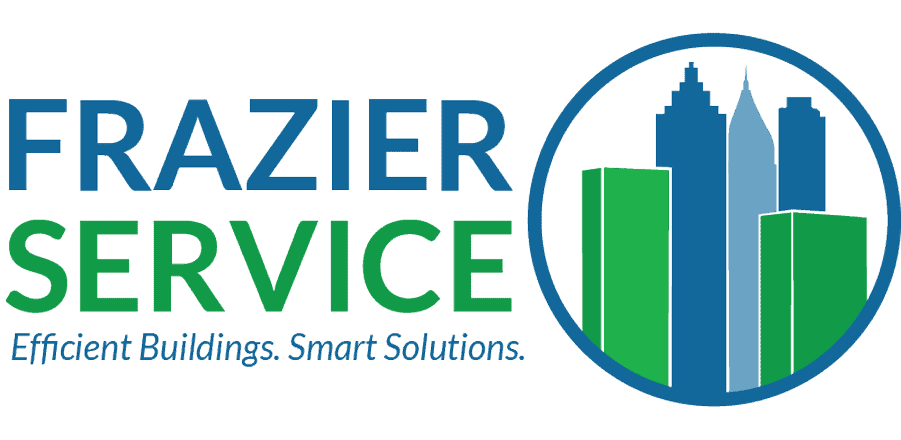
What Are Intelligent Building Systems?
We live in an era of smart technology. We have smartphones, smart TVs, and even smart refrigerators, so it’s only natural that we strive to make everything in our lives more “intelligent”—including the very buildings where we live and work.
Increasingly, construction managers, building administrators, landlords, and other decision makers are choosing to install intelligent building systems. But what exactly are intelligent building systems, and why are they so beneficial?
Understanding Intelligent Building Systems
Let’s start with a basic definition of an intelligent building system. There are many different types of intelligent building systems, and what qualifies as an intelligent building system to one person may not qualify to another.
Still, there are some common threads and defining characteristics we can focus on. Intelligent building systems are connected networks of devices, apps, and sensors that work together to provide solutions for people in the building, improve building management and administration, and ultimately save money.
In other words, this is a technologically sophisticated system that helps you control your entire building from one place.
Typically, you’ll see modules and devices in the following areas:
- HVAC systems. Arguably the most important component of an intelligent building system is the HVAC system, which controls heating, cooling, humidity, air flow, and even indoor air quality. Authorized users can precisely control all of these variables and more with convenient, intuitive apps. You can set a schedule and create rules that dictate how the system behaves in different conditions. You can even take advantage of built-in optimization settings so the HVAC system “learns” how to operate as efficiently as possible while producing the most comfortable environment possible.
- Lighting. Intelligent building systems also include lighting and controls. Typically, these minimize the need for manual light control and reduce energy use. For example, you might have sensors that can detect when a room is occupied, so the lights come on only when necessary.
- Surveillance and Security. Most users also want surveillance and security features to keep the building as safe as possible while allowing them to remotely monitor the area. You can coordinate dozens of devices and modules, including surveillance cameras, door locks, and alarms.
- Accessibility. Intelligent building systems typically have accessibility options as well, including localized elevator controls. This provides greater convenience as well as greater security.
- Apps. All of these features and more are typically controlled from a single platform, making it easy for users to understand how the building is operating. Depending on the system you choose to install, you may have a centralized control unit that serves as a “master” control location, or you may rely on individual apps.
The Goals of Intelligent Building Systems
Why should you bother installing an intelligent building system?
At first glance, this may seem like more technology than you truly need. After all, is it really that big of a deal to turn a light on and off manually? And do you really need to replace an HVAC system that’s already working reasonably well?
Most people install these intelligent systems with the following goals in mind:
Reduce Energy Consumption
Today’s facility managers are prioritizing energy efficiency more than ever before, and there’s no better tool for controlling energy consumption than an intelligent building solution. You’ll be able to precisely control everything in the building that uses energy, including your HVAC system, lights, elevators, and more. You can cut off energy use when it’s not needed and even take advantage of automatic optimization to reduce your energy bills. That means your building will be more sustainable and less expensive to operate. Whatever your motivation for reducing energy consumption, you’ll find a tremendous benefit here.
The key to building intelligence? Smart energy usage. Learn how Fraizer’s consulting services can help.
Improve Convenience
Some building managers are interested in installing a smart system to improve convenience for the people in the building. When you walk into a room, the lights come on. You never have to worry about changing the temperature. You can always feel safe because you know the smart security features are working. Many of these conveniences only save a few seconds, but that really adds up several times a day for the dozens, hundreds, or even thousands of people in your facility.
Improve Comfort
Smart systems also produce a more comfortable environment. The building remains at a perfectly comfortable temperature, humidity levels are balanced, and the quality of indoor air increases.
Simplify Controls
Want to change how your HVAC system runs or authorize a new user? It’s extremely easy with modern, intuitive apps. In just a minute or two, you can issue a change from your smartphone.
Provide In-Depth Analytics
You can also generate reports at any time to monitor building occupancy, energy use, security risks, and more. Data analysts can have a field day crunching the numbers and searching for further optimizations.
Reduce Long-Term Costs
We’ve already talked about how intelligent building systems can reduce energy consumption and lower your utility bills. But they also have the capacity to save you money in other areas, such as reducing your need for other independent systems and making your employees more productive. Overall, an intelligent building system will save you money in the long run, eventually paying for itself.
Atlanta’s First Choice for Building Control Solutions
Are you searching for smarter building controls and solutions? Ready to upgrade to an intelligent building system? Frazier Service is here to help. Contact us today for a free consultation!







